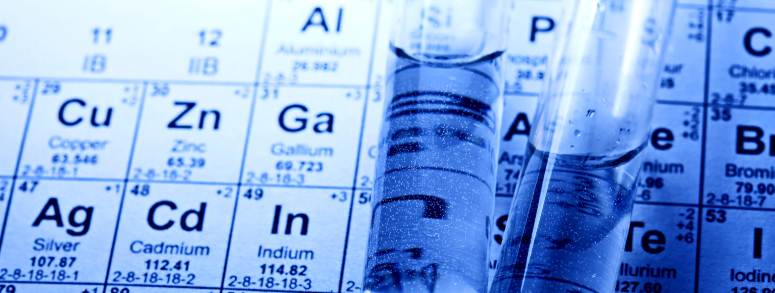
Chemical reactions are the fundamental processes that drive the transformations of matter in our universe. From the combustion of fuels to the synthesis of pharmaceuticals, understanding what creates a chemical reaction is crucial for various industries and scientific advancements. In this blog post, we will delve into the depths of chemical reactions, exploring the key factors that contribute to their occurrence and how they can be harnessed for practical applications.
- Reactants and Products:
At the heart of every chemical reaction lie the reactants and products. Reactants are the substances that undergo a transformation, while products are the resulting substances. The composition, structure, and properties of these reactants and products play a vital role in determining the outcome of a chemical reaction. Factors such as concentration, purity, and reactivity of the reactants, as well as the stability and yield of the products, all influence the overall reaction. - Activation Energy:
Chemical reactions require a certain amount of energy to initiate the transformation. This energy barrier, known as activation energy, determines the rate at which a reaction occurs. Various factors can affect the activation energy, including temperature, pressure, and the presence of catalysts. Understanding and manipulating these factors can significantly impact the speed and efficiency of a chemical reaction. - Catalysts:
Catalysts are substances that facilitate chemical reactions without being consumed in the process. They lower the activation energy required for the reaction, thereby increasing the rate of reaction. Catalysts can be organic or inorganic compounds, enzymes, or even metals. Their presence alters the reaction pathway, providing an alternative route for the reactants to transform into products. The selection and optimization of catalysts are crucial in many industrial processes, enabling more sustainable and cost-effective production methods. - Reaction Kinetics:
The study of reaction kinetics involves understanding the rate at which a chemical reaction proceeds and the factors that influence it. Factors such as temperature, pressure, concentration, and the presence of catalysts all affect the reaction kinetics. By analyzing the reaction rate, scientists and engineers can optimize reaction conditions, design efficient reactors, and predict the behavior of complex chemical systems. - Thermodynamics:
Thermodynamics plays a vital role in understanding the feasibility and directionality of chemical reactions. The laws of thermodynamics govern the energy changes that occur during a reaction, including heat transfer, work done, and the overall change in entropy. By considering thermodynamic principles, scientists can predict whether a reaction will occur spontaneously or require external energy input. This knowledge is crucial for designing energy-efficient processes and understanding the stability of chemical systems.
Conclusion:
Chemical reactions are intricate processes influenced by a multitude of factors. From the composition of reactants to the presence of catalysts and the principles of thermodynamics, understanding what creates a chemical reaction is essential for various industries and scientific advancements. By harnessing this knowledge, scientists and engineers can develop innovative solutions, optimize reaction conditions, and pave the way for sustainable and efficient chemical transformations.

